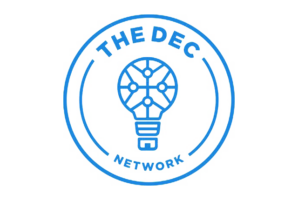Organization leaders and workers alike believe that artificial intelligence will improve innovation and efficiency, but both groups underestimate AI’s ethical dilemmas, according to a new study from digital business and IT services leader NTT DATA Services.
With risks of facial recognition, data sharing, discrimination against minorities, and “political deep-fakes,” AI poses a number of ethical challenges and opportunities for misuse. But in a survey conducted by NTT DATA and Oxford Economics of 1,000 executives and non-executive employees across North America, less than 20 percent of respondents believed AI would collect consumer data in unethical ways or discriminate against minorities.
About 80 percent of those surveyed said the technology would improve efficiency and productivity, while 61 percent said AI would speed innovation.
“AI presents one of the great leadership opportunities and challenges of our time. Leaders must be diligent in striking the balance, but they don’t have to go it alone,” said Eric Clark, chief digital officer of NTT DATA Services. “Our study outlines how businesses can take full advantage of emerging technologies and accelerate transformation, while taking necessary precautions on the path to responsible and secure adoption of artificial intelligence.”
For AI to enhance productivity and avoid harm, businesses need to program AI without negative biases and malfunctions. One quarter of executives and 36 percent of employees reported that AI ignored a command. Around 20 percent of both groups said they encountered AI solutions that reflected bias against a marginalized group.
While almost half of the respondents (47 percent) believe failing to implement AI will cause them to lose customers, less than a third said their company was adapting to the changes quickly. And less than 20 percent of employees and executives said their company culture changes quickly.
About 70 percent of executives believe AI will make employees more efficient and accurate, but workers will need new skills to realize those gains. Education bridges the gap between employees and new technology, with a need for businesses to focus on enhancing the skills of their workforce.
And that focus on valuable training helps companies retain employees, with 45 percent saying they would be motivated to stay by educational opportunities.
![]()
Get on the list.
Dallas Innovates, every day.
Sign up to keep your eye on what’s new and next in Dallas-Fort Worth, every day.





























